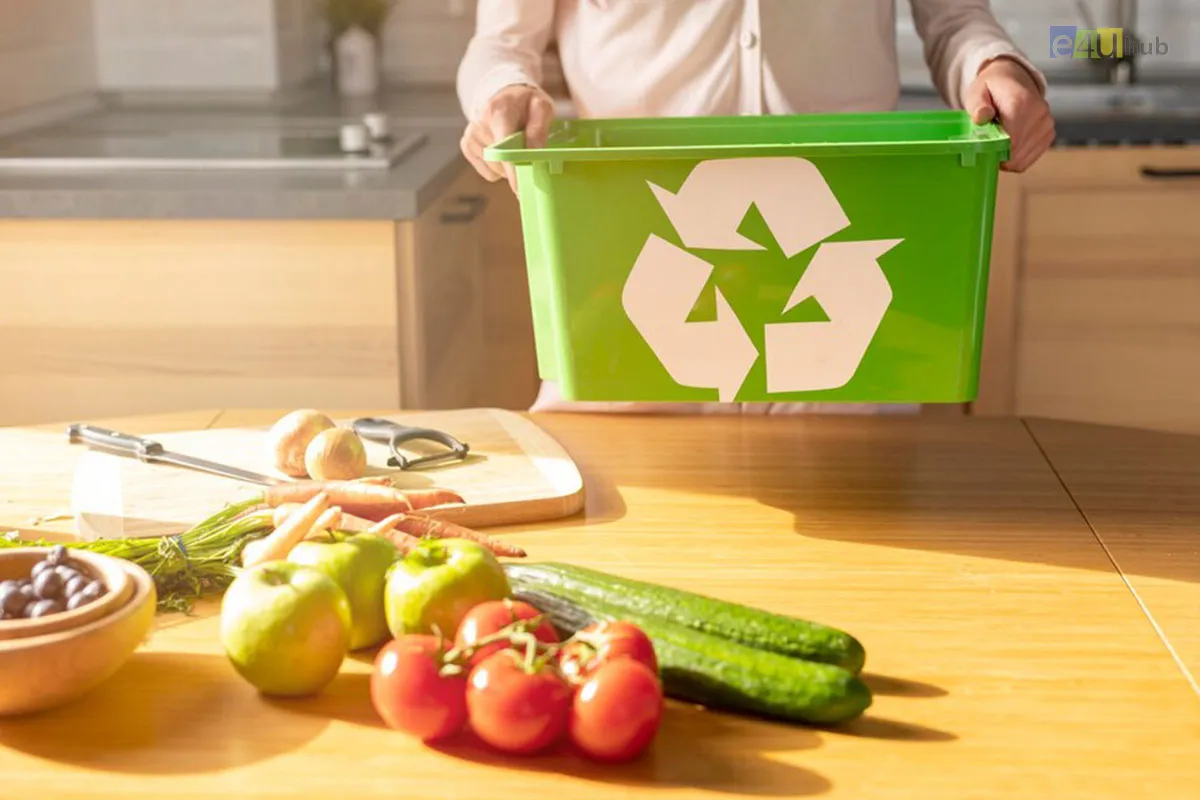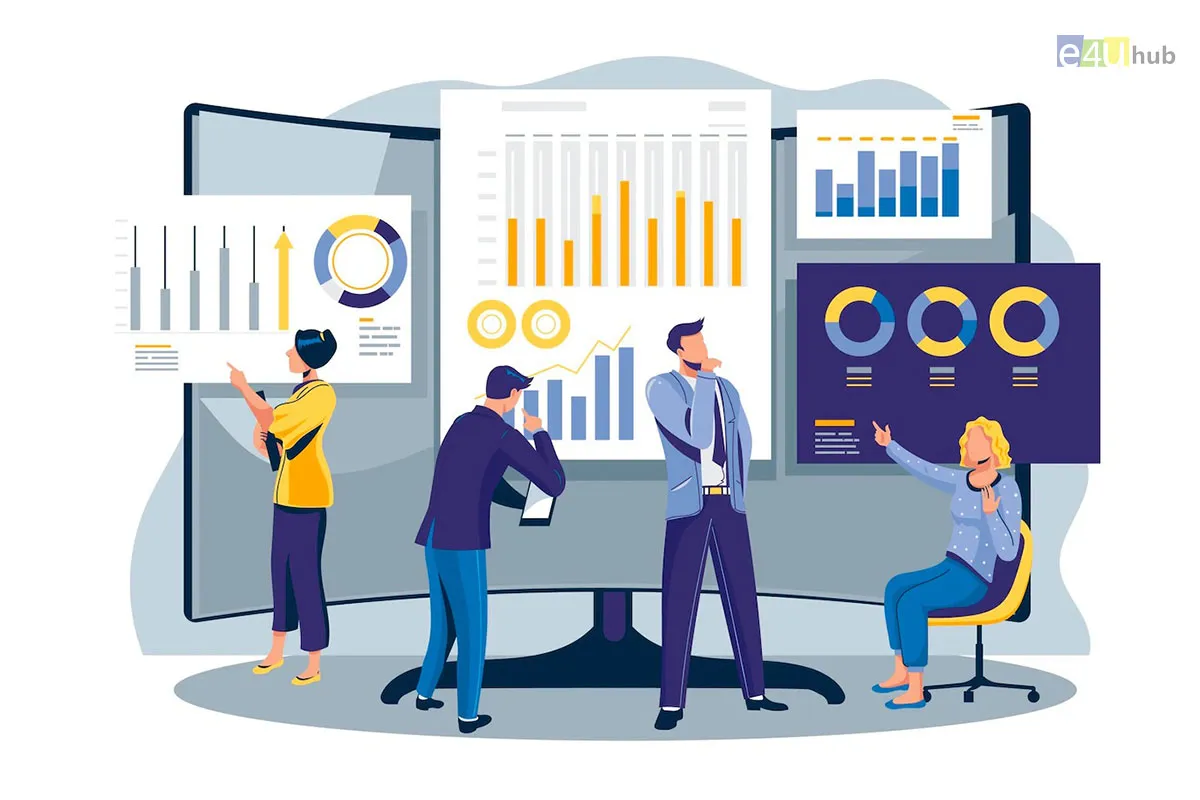
Waste Reduction in the Food Industry: Tech Solutions
- 26 Dec, 2023
- Tech
- 575 Views
- 0 Comments
The global issue of food waste has long plagued the food industry, prompting a crucial need for innovative solutions. In recent years, technology has emerged as a powerful ally in the fight against food waste. This blog explores how cutting-edge tech solutions are transforming the landscape of the food industry, minimizing waste, and paving the way for a more sustainable future.
1. Smart Inventory Management Systems
Inefficient inventory management has been a significant contributor to food waste. However, the advent of smart inventory management systems has revolutionized the way businesses handle their stock. These systems leverage sensors, RFID tags, and advanced analytics to provide real-time visibility into inventory levels, allowing businesses to optimize procurement, reduce overstocking, and prevent unnecessary waste.
2. IoT Sensors for Shelf Life Monitoring
Internet of Things (IoT) sensors are playing a pivotal role in ensuring the freshness of perishable goods. These sensors monitor environmental conditions such as temperature and humidity, providing real-time data to alert businesses when products are approaching the end of their shelf life. This not only helps in preventing spoilage but also enhances the overall quality of products reaching consumers.
3. Food Recovery Apps and Platforms
Mobile applications and online platforms are connecting businesses with surplus food to those in need. These apps facilitate the donation of excess food from restaurants, grocery stores, and other establishments to local charities or food banks. By leveraging technology to streamline the donation process, these platforms contribute to both waste reduction and community support.
4. Blockchain for Enhanced Traceability
Blockchain technology is transforming the transparency and traceability of food supply chains. By creating an immutable and decentralized ledger, blockchain enables all stakeholders, from farmers to consumers, to track the journey of food products. This not only helps in identifying the source of contamination quickly but also ensures that food is distributed efficiently, reducing the likelihood of products going to waste.
5. AI-Powered Predictive Analytics
Artificial Intelligence is proving to be a game-changer in predicting and preventing food waste. Advanced algorithms analyze historical data, market trends, and external factors to predict demand accurately. This enables businesses to adjust production schedules, manage inventory effectively, and minimize the risk of surplus food that might otherwise end up in landfills.
Conclusion:
As the food industry embraces technological solutions, there is a notable shift towards a more sustainable and efficient future. The integration of smart inventory systems, IoT sensors, food recovery apps, blockchain, and AI-powered analytics is not only reducing food waste but also fostering a culture of responsible consumption. The marriage of technology and sustainability marks a significant step forward in addressing one of the most pressing challenges of our time, ultimately contributing to a healthier planet and more conscientious food practices.















Leave a Reply